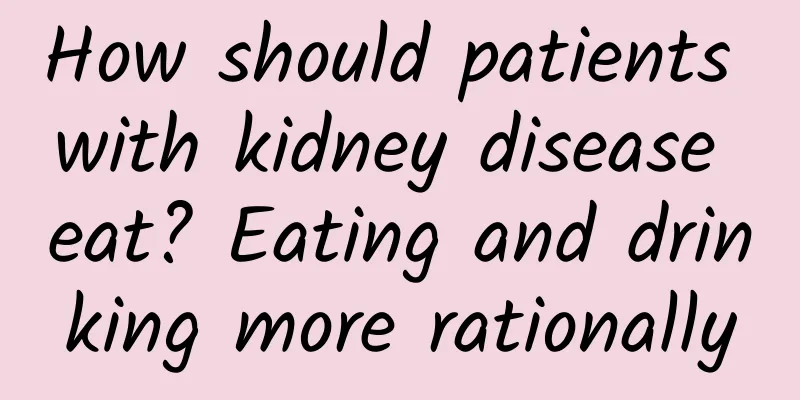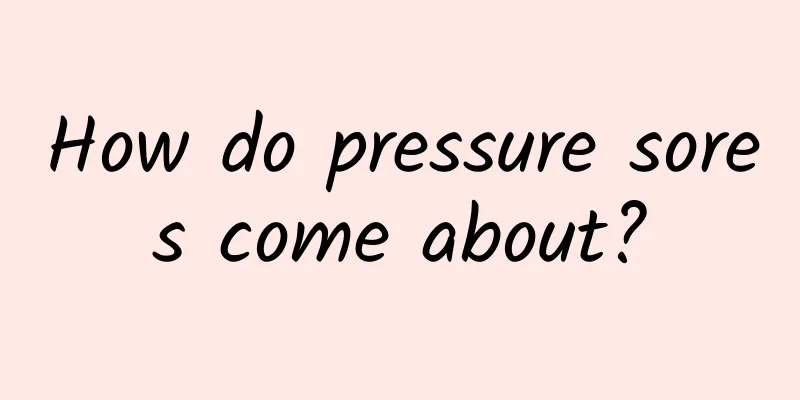Why did the person who took statins suffer from acute renal failure? Is there any way to prevent it?

|
A friend asked Huazi if statins would damage the kidneys. Huazi replied that statins would not damage kidney function, but could lower cholesterol, fight against renal artery atherosclerosis, and have a certain kidney protection effect. But the friend said he saw a news report saying that someone had acute renal failure because of taking statins. Why? Huazi said that it was most likely that statins caused a rare adverse reaction called rhabdomyolysis, and the subsequent acute renal damage could be prevented. 1. Adverse reactions of statins Statins are commonly used lipid-lowering drugs that can not only control cholesterol but also have anti-atherosclerotic effects. Currently, no other drug can completely replace the effects of statins. Therefore, people at high risk of cardiovascular and cerebrovascular diseases need to take statins for a long time to prevent the occurrence of the disease. However, statins may cause adverse reactions during use. The main adverse reactions are liver function, muscle damage, and new-onset diabetes. Statins have an impact on liver function, but usually do not cause liver damage. If the transaminase does not exceed 3 times the normal value, there is no problem and you can continue to take the medicine. Although statins have the risk of causing new-onset diabetes, their therapeutic value for cardiovascular and cerebrovascular diseases is very high, far greater than the risk of causing diabetes, so it is still recommended to persist in treatment. If abnormal blood sugar occurs, hypoglycemic treatment should be performed. If the degree of abnormal blood lipids is not high, statins such as pravastatin and pitavastatin that have less impact on blood sugar can be used. Statins may cause muscle damage, resulting in symptoms of muscle fatigue and soreness. Usually the symptoms are mild and tolerable, but those with severe muscle soreness should be wary of rhabdomyolysis. 2. Rhabdomyolysis can cause renal failure. When rhabdomyolysis occurs, a large amount of myoglobin is released into the blood. When the blood flows to the kidneys, it may block the renal tubules, causing kidney damage and leading to acute renal failure. Although muscle soreness is a common adverse reaction caused by statins, the probability of causing rhabdomyolysis is very low. According to relevant statistics, the probability of statins causing rhabdomyolysis is approximately 0.1~0.5%, which is very rare. The probability of acute renal failure is even lower, less than one in 100,000, which is very rare. However, acute renal failure can be life-threatening, so you still need to be careful. 3. Prevention of renal failure caused by statins The premise of renal failure caused by statins is rhabdomyolysis, and the typical symptoms are severe myalgia, severe muscle weakness, soy sauce-colored urine or even anuria. The levels of creatine kinase (CK) and myoglobin in the blood are elevated. Therefore, when taking statins, if severe myalgia symptoms occur, creatine kinase levels need to be monitored. If creatine kinase levels rise more than 5 times the normal value (1000U/L) or more than 10 times the level before medication, the medication should be stopped immediately. The adverse reactions of statins are related to the dosage used. Chinese people have poor tolerance to statins, so try not to use large doses of statins. Statins cause muscle damage, which may be related to the lack of coenzyme Q in the body. During the medication period, coenzyme Q10 can be appropriately supplemented to prevent muscle damage. When statins that are metabolized by the liver are used in combination with other drugs, the probability of muscle damage increases. Therefore, when used in combination with other drugs, choosing statins that are not metabolized by the liver can reduce muscle damage. In addition, the incidence of adverse reactions increases in patients who are elderly (over 80 years old) or have impaired liver and kidney function when using statins, and they need to be closely monitored. In summary, statins do not directly damage the kidneys, but if the rare adverse reaction of rhabdomyolysis occurs, it may lead to acute renal failure. Take the medicine according to the doctor's instructions, do not change the dosage and type of medicine without authorization, and supplement coenzyme Q10 to prevent muscle damage. During medication, pay attention to the monitoring of CK levels, and seek medical attention in time if severe myalgia or dark urine color occurs. I am pharmacist Huazi. Welcome to follow me and share more health knowledge. |
<<: Accomplice of myopia: Wrong pen-holding posture, come and check yourself!
>>: Are there any special snacks in Rizhao? When is the best time to go fishing in Rizhao?
Recommend
How to regulate menopausal arrhythmia
Menopausal arrhythmia is a symptom and also a typ...
Bacterial vaginitis cure
Bacterial vaginitis is a vaginitis caused by a va...
Protect the liver and maintain blood sugar, reveal the secrets of blood sugar management for hepatocellular diabetes!
Author: Wu Libing, deputy chief physician of the ...
What is the treatment for white candidal vaginitis?
Generally speaking, abnormal leucorrhea is caused...
What causes polycystic ovary syndrome
Polycystic ovary syndrome is mainly caused by pro...
Can I eat passion fruit during my period?
Many female friends do not have any problems at o...
The milk is not coming out and the milk is swollen severely
A new mother will encounter various problems duri...
The color of a woman's hair can indicate kidney disease
We often see young people dyeing their hair in va...
Does a cervical cyst require surgery?
Everyone should have heard of cervical cysts. It ...
How to remove spots on the face after giving birth
During pregnancy, endocrine changes and changes i...
Medical abortion at 10 weeks of pregnancy
Medical abortion is a common method of abortion, ...
What is the Korean drama Let's Have Dinner Together based on? Where can I read the Let's Have Dinner Together comics?
Korean dramas have been a favorite of people sinc...
What to do if you have abdominal pain after your period
Many people experience abdominal pain during mens...
Will my breasts hurt when I'm pregnant?
Many women will have obvious early pregnancy reac...









